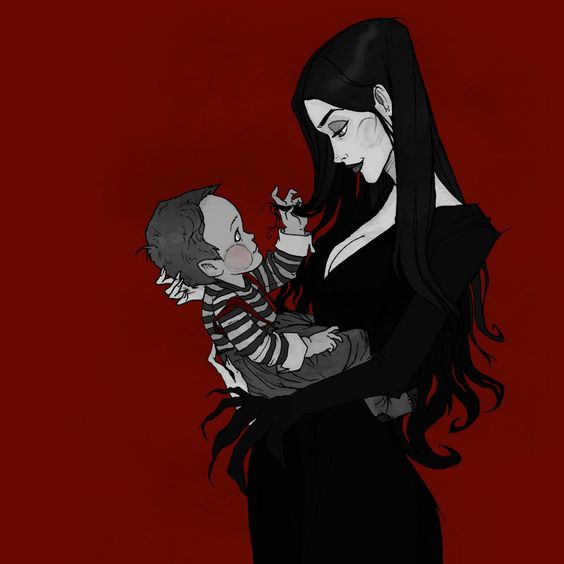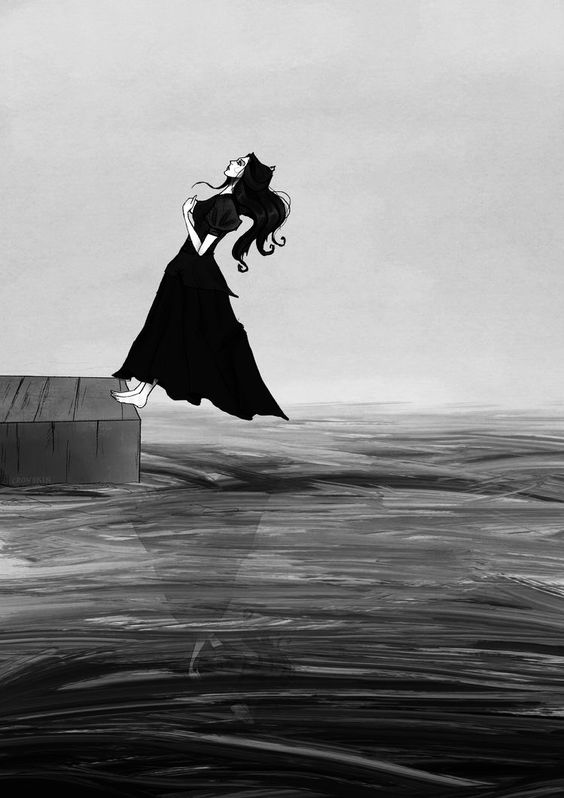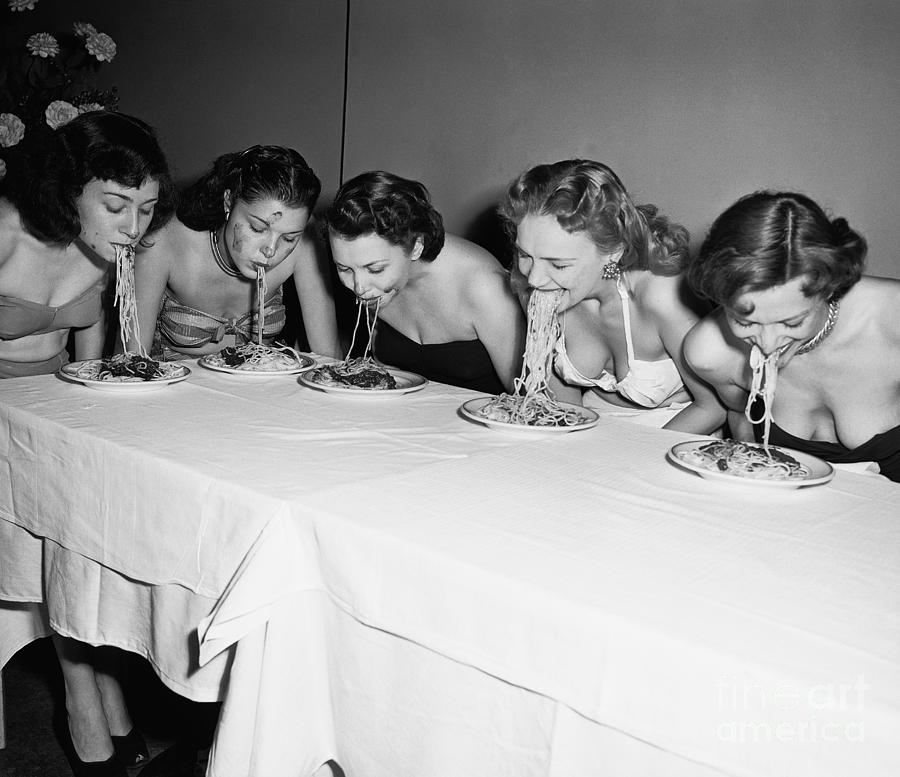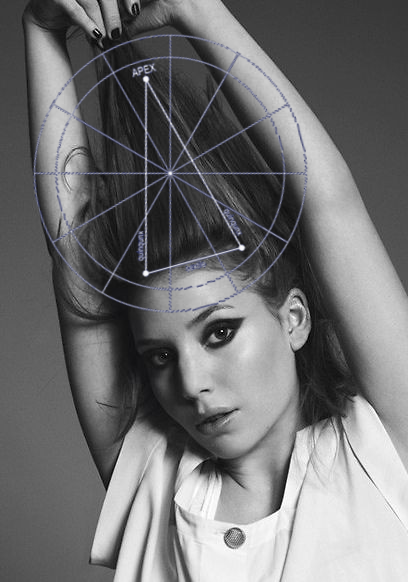
Moon Square Pluto: Bad Mother?
 My child has Moon square Pluto, does that mean I am going to be a bad mother?
My child has Moon square Pluto, does that mean I am going to be a bad mother?
In astrology, no planetary aspect can be inherently good or bad on its own. Astrological aspects provide information about the potential energies and influences at play in an individual’s life, but they do not determine whether these energies will manifest positively or negatively. The Moon, in astrology, represents our emotions, instincts, and our sense of nurturing and security. It is associated with our early childhood experiences and the way we connect with our primary caregivers, especially our mother. Pluto, on the other hand, is the planet of transformation, intensity, power, and depth. It represents the hidden aspects of our psyche, including our subconscious drives and emotional traumas. When the Moon forms a square aspect with Pluto, it creates tension and challenges between these two energies. This aspect suggests that the person’s emotional experiences, particularly in their family dynamics and connection with their mother, might have been intense and transformative. There may have been power struggles, emotional intensity, or even feelings of control or manipulation in the family environment, which could have left a lasting impact on their emotional development.
 However, it is essential to note that Moon square Pluto doesn’t necessarily imply a negative relationship with the mother. Instead, it suggests that the mother figure in the individual’s life may have played a significant role in their emotional growth, introducing them to profound emotional experiences and psychological awareness. On the positive side, this aspect can indicate a mother who is emotionally perceptive and deeply attuned to the emotional needs of her child. Such a mother might have helped the individual navigate through their emotional depths, encouraging them to embrace their feelings and innermost emotions. This can create a powerful emotional bond between the individual and their mother that reverberates throughout their life, fostering a sense of emotional connection and security.
However, it is essential to note that Moon square Pluto doesn’t necessarily imply a negative relationship with the mother. Instead, it suggests that the mother figure in the individual’s life may have played a significant role in their emotional growth, introducing them to profound emotional experiences and psychological awareness. On the positive side, this aspect can indicate a mother who is emotionally perceptive and deeply attuned to the emotional needs of her child. Such a mother might have helped the individual navigate through their emotional depths, encouraging them to embrace their feelings and innermost emotions. This can create a powerful emotional bond between the individual and their mother that reverberates throughout their life, fostering a sense of emotional connection and security.
 Conversely, if the challenges presented by this aspect were not well managed or processed, it could result in emotional struggles later in life. The person might carry unresolved emotional issues from their early family experiences into their adult relationships, impacting their ability to trust others fully or form secure emotional bonds. When the Plutonian energy is expressed negatively in the mothering realm, it can lead to intense and manipulative behaviors such as emotional blackmail, intimidation, and threats. These behaviors may arise from the mother’s own unresolved emotional issues or struggles with power and control. In extreme cases, the mother might resort to emotional manipulation or use suicide threats as a means to gain control over the child’s emotions and actions. Secretiveness and a tendency to keep skeletons in the closet can also be a manifestation of Pluto’s secretive and transformative nature. This can create a tense and repressive atmosphere within the family, hindering open communication and emotional expression.
Conversely, if the challenges presented by this aspect were not well managed or processed, it could result in emotional struggles later in life. The person might carry unresolved emotional issues from their early family experiences into their adult relationships, impacting their ability to trust others fully or form secure emotional bonds. When the Plutonian energy is expressed negatively in the mothering realm, it can lead to intense and manipulative behaviors such as emotional blackmail, intimidation, and threats. These behaviors may arise from the mother’s own unresolved emotional issues or struggles with power and control. In extreme cases, the mother might resort to emotional manipulation or use suicide threats as a means to gain control over the child’s emotions and actions. Secretiveness and a tendency to keep skeletons in the closet can also be a manifestation of Pluto’s secretive and transformative nature. This can create a tense and repressive atmosphere within the family, hindering open communication and emotional expression.
Any blaming and shaming that occurs can stem from the mother’s own struggles with her emotions and her attempts to project her unresolved issues onto her child. This can lead to the child internalizing feelings of guilt and shame, which may impact their self-esteem and emotional well-being. Despite these challenging aspects, as you mentioned, the bond between mother and child can still serve as a catalyst for growth. The intense emotions and experiences may push the child to confront and understand their own psychological depths. Through self-awareness and emotional processing, the individual can learn to break free from negative patterns inherited from their early family experiences and transform themselves positively
Since the Moon represents a female energy, there is a likelihood of attracting towards oneself powerful females who sometimes present great charisma, strength, inner strength and even healing power, but who in other cases can be of the manipulating, possessive type. One’s mother or mother figure is particularly likely to exhibit certain of these characteristics, as is one’s female partner or close female friends. Attachment to one’s mother will be very strong, even where the relationship is a difficult one, and parting from her, whether on the physical plane or through death, is likely to be experienced as exceptionally traumatic…The challenge of any Moon-Pluto link is primarily to come to terms with events or behavior which shatter our emotional security. Inevitably this involves feelings such as grief, resentment and hatred, and difficulties in letting go of the past. The Astrology of Karma
Good Enough Parent
 An essential perspective to consider when examining parenting dynamics is acknowledging that each parent is someone else’s child. Every parent carries their own upbringing, experiences, and unresolved issues, which can influence their parenting style and behavior. Donald Winnicott, a British pediatrician and psychoanalyst, introduced the concept of the “good enough parent” in his work. He emphasized that it is unrealistic and impossible for any parent to be perfect or meet every need of their child flawlessly. Instead, he proposed that a “good enough parent” is one who provides consistent and “good enough” care for the child’s basic physical and emotional needs.
An essential perspective to consider when examining parenting dynamics is acknowledging that each parent is someone else’s child. Every parent carries their own upbringing, experiences, and unresolved issues, which can influence their parenting style and behavior. Donald Winnicott, a British pediatrician and psychoanalyst, introduced the concept of the “good enough parent” in his work. He emphasized that it is unrealistic and impossible for any parent to be perfect or meet every need of their child flawlessly. Instead, he proposed that a “good enough parent” is one who provides consistent and “good enough” care for the child’s basic physical and emotional needs.
The idea of the “good enough parent” acknowledges that parents are human, with their limitations and imperfections. They will inevitably make mistakes, experience frustrations, and face challenges in their parenting journey. It’s crucial to recognize that perfection is not attainable, and putting such unrealistic expectations on parents can lead to feelings of inadequacy and unnecessary pressure. Winnicott’s concept encourages compassion and understanding for parents, as they navigate the complexities of raising children while also dealing with their own personal struggles. Parenting is a continuous learning process, and mistakes are an inevitable part of growth and development for both parents and children.
By embracing the idea of the “good enough parent,” parents can focus on creating a nurturing and supportive environment for their children, even amidst their imperfections. This perspective encourages open communication, emotional attunement, and a willingness to learn and grow together as a family.
Ultimately, the goal is to provide a secure and loving foundation for children, enabling them to develop healthy attachments, emotional resilience, and a positive sense of self. Parental presence and genuine efforts to meet a child’s emotional needs go a long way in promoting their overall well-being and growth.



















 Venus Trine Pluto: Dark Desires
Venus Trine Pluto: Dark Desires
 Sun Square Pluto Synastry: You’ve Got That Power Over Me
Sun Square Pluto Synastry: You’ve Got That Power Over Me
 Saturn in the 1st House: From Self-Doubt to Lasting Identity
Saturn in the 1st House: From Self-Doubt to Lasting Identity
 Venus Trine Mars Synastry
Venus Trine Mars Synastry
 Moon Conjunct Mars Natal Aspect
Moon Conjunct Mars Natal Aspect
 The Scorpio Teenager
The Scorpio Teenager
 Reflections on a Past Venus-Pluto Synastry Aspect
Reflections on a Past Venus-Pluto Synastry Aspect
 Venus-Pluto Synastry: A Love So Powerful That It Might Just Kill Them
Venus-Pluto Synastry: A Love So Powerful That It Might Just Kill Them
 Mars-Pluto Synastry: Something Quite Dark and Dangerous
Mars-Pluto Synastry: Something Quite Dark and Dangerous
 The Yod Aspect Pattern: The Mystical Power of the “Finger of Fate”
The Yod Aspect Pattern: The Mystical Power of the “Finger of Fate”
 Mars in Aquarius: Sex drive
Mars in Aquarius: Sex drive
 Uranus Transits: 1st House: Winds of Change:
Uranus Transits: 1st House: Winds of Change:
 Emotional Understanding: Moon Trine Synastry Aspects Interpreted
Emotional Understanding: Moon Trine Synastry Aspects Interpreted
 The Moon: The Goddess of the Night
The Moon: The Goddess of the Night
 Sun Square Pluto Natal Aspect: I Am Titanium
Sun Square Pluto Natal Aspect: I Am Titanium
 Moon Conjunct Pluto Synastry
Moon Conjunct Pluto Synastry
 Venus Conjunct Neptune Synastry: Euphoria and the Aftermath
Venus Conjunct Neptune Synastry: Euphoria and the Aftermath
 Pluto in Libra in the 2nd House: Lessons on Self-Worth and Financial Independence
Pluto in Libra in the 2nd House: Lessons on Self-Worth and Financial Independence
 Sun Conjunct Pluto Synastry: Enlightening or Annihilating
Sun Conjunct Pluto Synastry: Enlightening or Annihilating